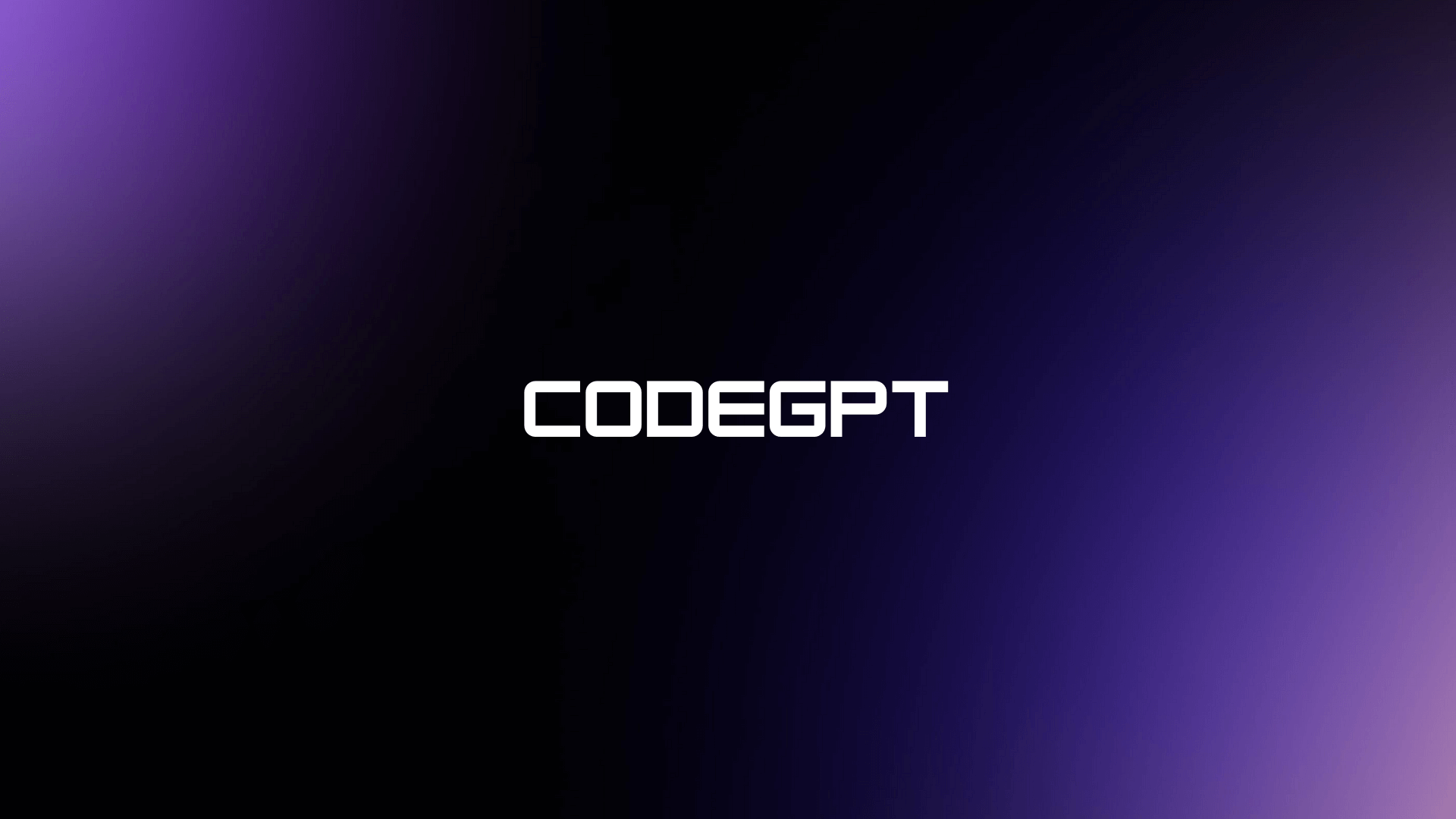ChatGPT has revolutionized the software development, providing unmatched capabilities in code generation, debugging, and project management. By incorporating AI-driven solutions into their workflows, developers can optimize processes, reduce manual coding efforts, and greatly enhance productivity and code quality.
Unleashing ChatGPT's Potential
ChatGPT excels in code generation, providing developers with the ability to quickly produce high-quality code snippets that align with best practices and project-specific requirements. This capability allows developers to focus on creative problem-solving rather than routine coding tasks.
A recent study by a leading software company found that using ChatGPT for code generation reduced coding time by 40% and improved code quality by 25%. These significant enhancements in productivity and quality underscore the potential of AI tools in software development.
Enhancing Documentation and Testing
Documentation is a critical component of software development that often takes a back seat due to time constraints. ChatGPT assists in generating comprehensive, accurate, and easy-to-understand documentation. It can also create custom test cases, ensuring thorough software testing and reliability. This approach reduces the likelihood of bugs and enhances the overall quality of the software product.
Seamless Integration with Development Workflows
Integrating ChatGPT into popular Integrated Development Environments (IDEs) like Visual Studio Code allows for seamless workflow enhancements. This integration means developers can access AI capabilities directly within their coding environment, making incorporating AI insights into their daily tasks easier. Such integration leads to improved productivity and a more efficient development process.
Ethical Considerations in AI-Assisted Coding
While AI tools offer significant benefits, it's essential to consider the ethical implications of their use in software development. Data privacy, security, and the potential for bias in AI-generated code must be addressed. Developers should be aware of these challenges and strive to use AI responsibly, ensuring that their implementations are ethical and don't compromise user trust.
ChatGPT vs. Other AI Coding Tools
ChatGPT stands out due to its deep contextual understanding and seamless integration capabilities. Compared to other tools like GitHub Copilot and Tabnine, ChatGPT offers a more personalized and context-aware coding experience. It also allows for creating custom AI agents, providing developers with tailored assistance that meets their specific project needs.
Future of AI-Assisted Coding
As AI technology advances, we can expect even more sophisticated tools to emerge in software development. ChatGPT and similar AI assistants will likely become indispensable components of the developer's toolkit, offering increasingly accurate code suggestions, more comprehensive documentation capabilities, and predictive analytics for potential bugs or performance issues.
Maximizing ChatGPT's Potential in Your Workflow
To make the most of ChatGPT in your development process:
- Start with simple tasks like generating code snippets or creating essential documentation.
- Gradually integrate ChatGPT into more complex aspects of your workflow, such as debugging or code optimization.
- Use ChatGPT as a learning tool to explore new coding techniques or languages.
- Review and test AI-generated code to ensure it meets your project's requirements and standards.
Integration into code tools represents a significant advancement in AI-powered software development. By providing developers with intelligent assistance in code generation, debugging, and documentation, ChatGPT enhances productivity and code quality. As we continue to explore the capabilities of AI tools like ChatGPT, we'll unlock new levels of efficiency and innovation in software development. The future of coding is here, and AI augments it.



Leave a Comment